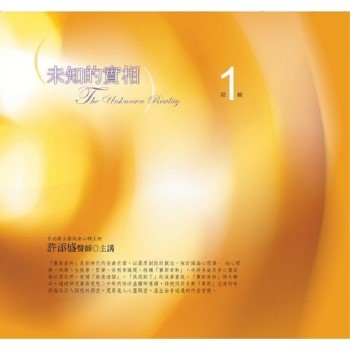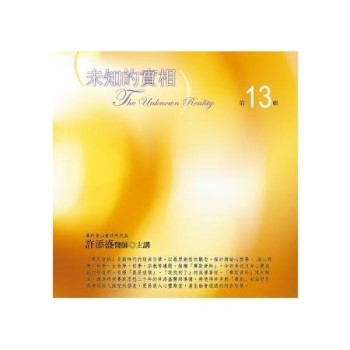Though notorious for his visceral, affective, and politically incendiary writing, Jean Genet also had a surprising penchant for the abstract language of geometry. Points, lines, obliques, grids and circles emerge in his texts as shapes that plot a map of subjectivity that he endlessly tries to navigate. However, Genet’s geometry is neither a flat nor vapid representation of space; it forges a dynamic cartography that questions how the subject inhabits its territory, how to chart the relation of the self to the other, and how to measure a selfhood that ruptures calculation, while doggedly seeking form. Through energetic textual analysis, this book reveals how Genet’s mathematical figurations of becoming, rather than being, are refracted in the geometric imagery of poststructuralism. Joanne Brueton reads geometry as a shared discursive field in which to imagine an anti-identitarian epistemology, situating Genet as a unique interlocutor whose shape-shifting selves dance around every static metric of existing in the world.
Joanne Brueton is a Lecturer in French Studies at the University of London in Paris.

 共
共 










